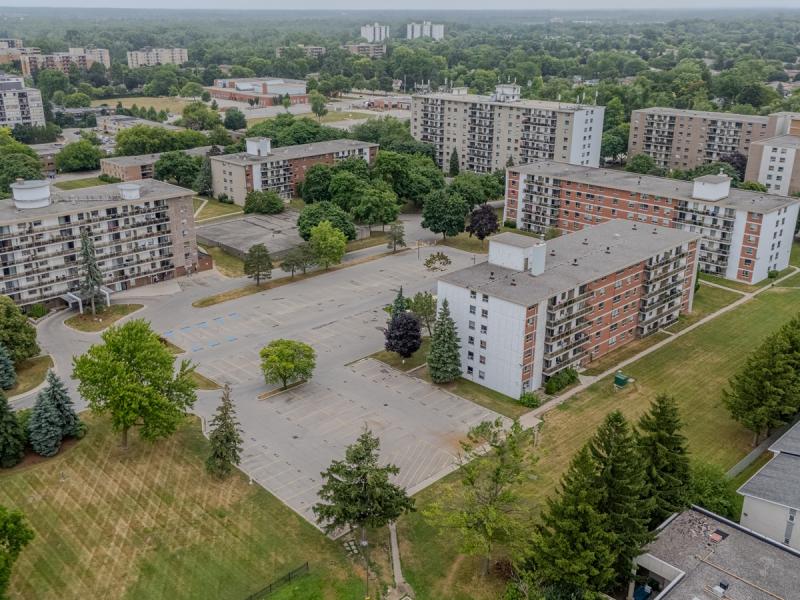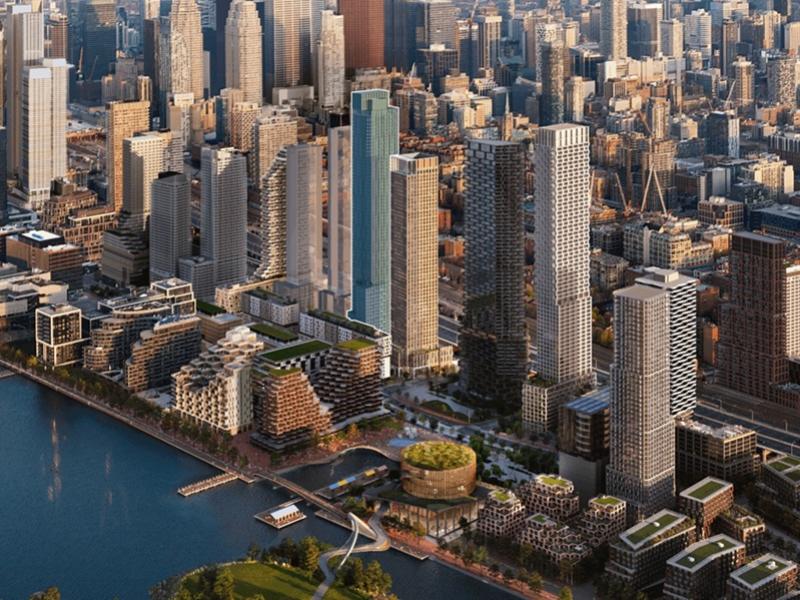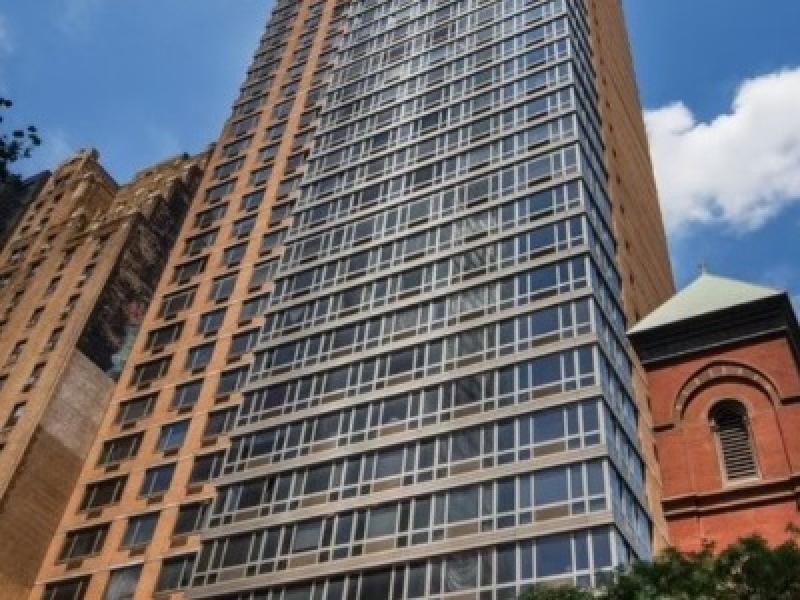
Developers are increasingly hesitant to launch new high-rise projects in the Greater Toronto Area (GTA) due to market uncertainty and a lack of confidence in reaching their pre-construction sales targets.
“New condo sales levels are down significantly, meaning less launches are going to happen, and most of the sales happen in new launches,” Bullpen Research & Consulting Inc. president and owner Ben Myers told RENX, noting that the condo sales slowdown also has an effect on land sales.
“If developers don't see that there's significant positivity down the road, they're not going to purchase any land right now.”
Developers who bought land at the top of the market are reluctant to lower prices to spur sales for new condo units at launch because they wouldn’t be able to make a profit or get construction financing to move forward, according to Myers.
He noted many projects already under construction also don’t have room to lower prices.
19 high-density land sales in first quarter
Myers said he’s seeing more listings than sales as vendors may not be getting the prices they’re seeking for their properties, so deals aren’t happening.
There were just 19 high-density land sales in the GTA during the first quarter, according to the new "Q1 2024 GTA High Rise Land Insights Report" from Bullpen and Batory Management. In 2023, there were 24 sales in the first quarter, and in 2022 the report cited a record 51 such transactions.
The Q1 2024 sales averaged 0.83 acres in size and sold for an average of $17.11 million, which the report says represents a price of approximately $106 per buildable square foot.
That represents a 22 per cent increase from Q1 2023 when the estimated land price was $87 per buildable square foot.
However, the average price of land can fluctuate on both a yearly and quarterly basis due to factors including geographical location, property size, the planning status of the land at the time of closing and broader market dynamics.
“It’s a small sample size and the average size of the property that traded was much smaller, which led to the increase in the price per square foot,” Myers explained.
The average land price in the City of Toronto was $135 per buildable square foot, which was more than three times higher than in the suburbs, where the price was $42 per buildable square foot.
The land-to-revenue ratio, the report’s estimate of the relationship between land value and new condominium prices, rose to 7.6 per cent in the first quarter from 6.8 per cent in 2023 overall.
The land-to-revenue ratio had trended downward over the past five years from a high of 11.9 per cent in 2018.
Major developers are more active
Nearly half of the first-quarter sales were parts of land assemblies started during more favourable market conditions that offer holding income.
Several development heavyweights purchased high-density lands during the first quarter, including Liberty Development Corporation, CentreCourt, SmartCentres, Aspen Ridge Homes and Pemberton Group.
“Any time there's any type of downturn, the people with the best track records and the collateral for loans are the ones that are going to be able to be in the marketplace,” Myers said. “Smaller developers will have more difficulty securing capital.”
Some developers have expressed interest in launching small projects that rely less on significant investor interest to achieve pre-sale absorption targets, which may be a secondary factor driving down the size of the lands traded.
Myers expects market pricing for new condos to slowly deflate over the next six to nine months and then remain flat for several additional months.
He forecasts 10,000 new condo sales in the GTA for 2024, which he said would be the lowest number in about 20 years. The lack of new project launches will also mean an under-supply of available units later this decade.
More purpose-built rentals being considered
Some sites that might have previously been developed for condos are now being considered for purpose-built rental apartments.
“I'm doing my fair share of rental studies for typical condo developers that are looking at alternatives for their lands,” Myers observed.
He doesn’t see anything on the immediate horizon that suggests high-density land sales will pick up significantly through the rest of this year. “I think we would need to see a couple of interest rate cuts," he said.
“If we start to see a rise in resale prices for condo apartments and a reversal of stagnant rent numbers, then I think developers will start to get more aggressive. But until then, I think it's going to be opportunistic purchases.
“If something comes across their desk that is a significant deal that they can wrap their heads around, then they're interested in it. But if it’s a 2021 price level, then they're not going to bite on it.”
While there haven’t been many high-density land distress sales, it’s possible they could become more common if current market conditions continue.
“For some of these developers that bought land with no holding income and didn’t pro forma the type of carrying costs that they're seeing now, some of them might have to let those properties go,” Myers said.










